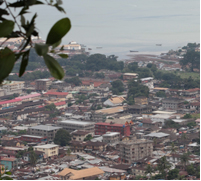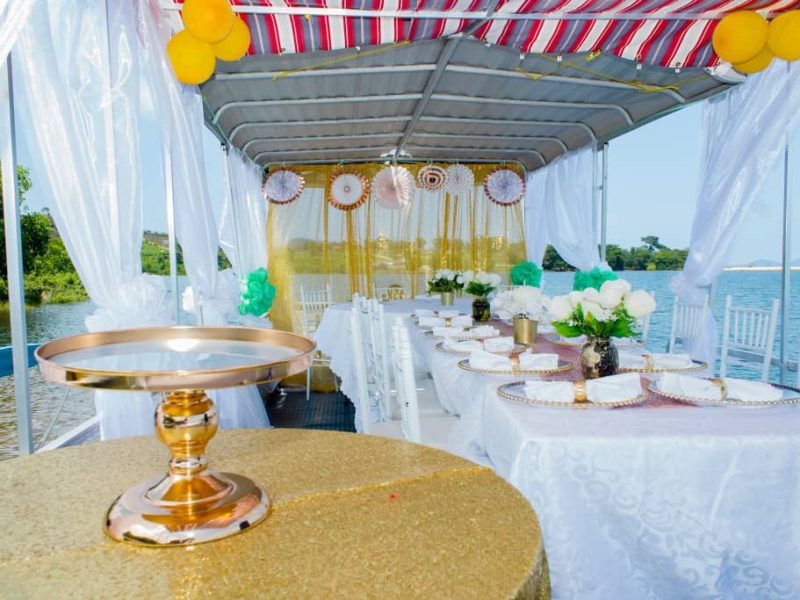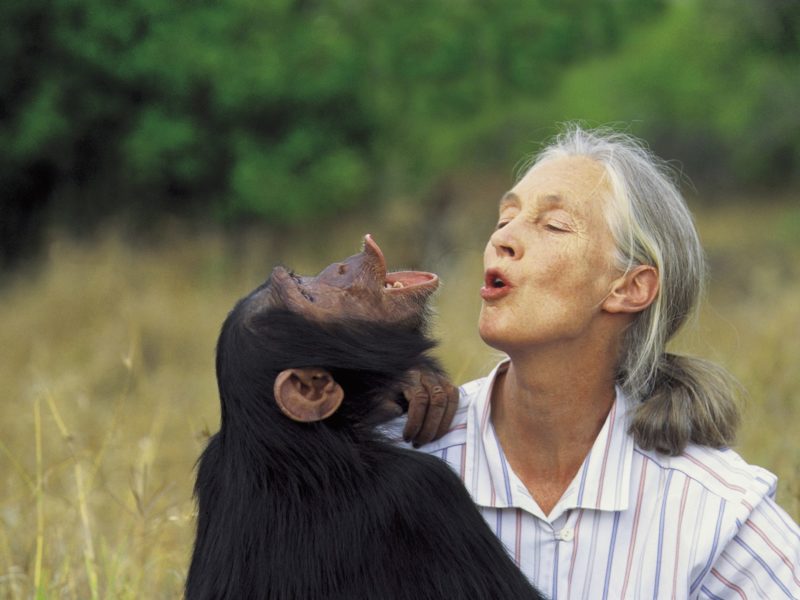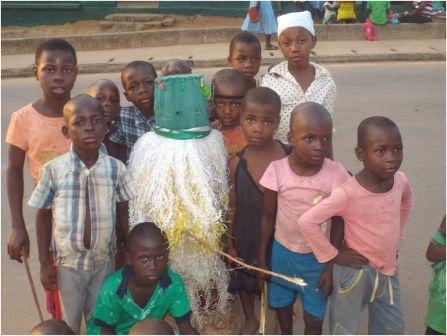National Conference: ending the dialogue of doom
Every Sierra Leonean from the dim witted to the genius has an opinion about the state of the nation and they accentuate their opinions everywhere at any time. In most cases the articulation is so heavily accented and shaded in party colours that it reduces the national discourse to relentless bickering thereby re-enforcing the image of directional confusion which has plagued this nation for over fifty years of flag Independence.
In the midst of the tower of Babel and its propensity to destroy the country’s capacity to foster national dialogue came President Ernest Bai Koroma and his call for a national transformational conference. The thrust being to aggregate all these diverse opinions; sieve the sense from the non-sense and separate the parochial accent from the national dialect with a view to ensuring fluency that will speak a truly Sierra Leonean agenda in the next fifty years. The echo of the dialogue of doom which characterises our discourses in the past still resonates on the bodies of individuals who lost limbs in that era of the dialogue of doom. Conducting a conference of such depth and magnitude in a near politically polarised society in which dialogue is accented and tilted to speak agendas at variance with the national one is a greater challenge.
Evasively dangling on interrogatives is the following: do we need politically processed, packaged and tilted ideas to taint the conference or do we need the raw ideas coming fresh from the minds of ordinary Sierra Leoneans? Who aggregates and who formulates the road map of the future of Sierra Leone from the rubbles of Babel to be gathered in the conference? The answer lies in the anatomy of the conference designed by the Steering Committee. The people centred strategy of the conference ensures that the middle men who have over the years fossilized the aspirations of the people in the language of slogans and jargons are cut off. Those who spew cliché-charged jargons like stakeholders etc are left tied to a stake as the masses are given the opportunity to stake their claim to speak for themselves.
Unlike previous conferences limited to venues in Freetown, this has gone everywhere harvesting opinions, observations and queries to pound them to dough in order to bake the authentic national cake with a national recipe sanctioned by all. An agenda for everyone has both a semantic and political connotation; does “everyone” mean “everyone” in the quantitative sense or everyone on the edge of each side of the bridging? This is the biggest challenge of the Steering Committee in a nation in which definition of everyone is shaped by region and ethnic dispensation. How to bring the various fractions to make a single whole that speaks the voice of the future could be the greatest achievement of the conference.
The dialogue of doom which characterises discourse in Sierra Leone over the past decades seems to have derived a new lease of life with the advent of social media and independent radio outlets. Opinions sometime devoid of reasoning and spiced with parochial sentiments crowd the media landscape encroaching on prime media estate that could otherwise be utilised to erect infrastructure for transformational discourse. Perhaps the greatest challenge of the Conference is the new democratic dispensation with a particular accent on freedom and a stuttering rambling on democratic responsibility. For a sneak preview it is obvious that the old age question of freedom and responsibility will loom large at any stage of the conference.
A sage once said no port is near if you don’t have a port of destination. In this transformational journey the destination port is logged in as middle income country, a donor given nation and truly independent country. The crew of the journey are Sierra Leoneans and the expected time of arrival is fifty years forward. The navigational beacon came in the following theme: Governance, social services, managing natural resources and private sector and infrastructure. These core themes have been highlighted for ease of navigation. What seems to be visibly left out in the travel plan is the port of departure. Arguably, the port of departure should be our culture as aptly surmise in the krio adage “if you nor know wusai u comot u nor go know wusai u dae go” roughly approximated to mean “you will not know your destination without first knowing your point of departure.” It seems the itinerary for this great national transformational journey presupposes that we know where we are coming from as a nation.
I beg to differ had we known where we were coming from as a nation on Independence Day we would not have been tossed like Odysseus in our odyssey of the last fifty years without reaching our Ithaca. The essence of our existence is captured in our cultural heritage and made manifest in every aspect of our life. Culture should be a major navigational tool in this new journey or we risk repeating history. As it is said history when repeated the first time it is a farce and the second time it is a tragedy. Imagine a tragedy that makes our last fifty years looks like a farce.
Culture in this context most not only be perceived as culture packaged with drums and raffia dancers to appease tourists but culture as the core of our existence. On the role of culture and national development, Japan and other Asian countries hold the returns for the entire world to see the advantage of investing in culture. It is inconceivable to think of transformational journey without logging culture in the travel log book. On the environmental protection we had a cultural practice of declaring certain forests as sacred and preventing any human activity like farming, hunting etc how about incorporating that in our environmental agenda? We also plant trees to mark the spot where a child’s umbilical cord is buried how about using that cultural practice to augment our tree planting exercise? On Governance we have traditional institutions that organically sprout from our social milieu how about making them central themes in our debate on governance with a view to integrating them in our governance model? Making culture core in our transformation will give us a distinct identity and a sense of national pride. The pre-occupation of the West from slavery through colonialism to globalisation is our cultural extinction. I have a feeling we are aiding and abating a cultural genocide of our people through our act of omission. The argument that culture is crosscutting does not cut it for me because it seems to cross out and cut off culture hence cutting us adrift in a changing world with no identity to call our own. Are we content in being a pitiful imitation of our so called colonial masters? If we are still content in aping Western values we most bear in mind that the verb aping is derived from the noun Ape the implication makes the mind nauseous.
We are at the threshold of a new beginning and we most begin with a definition of who we are not someone else’s definition of who he thinks we are. For years we have been known by a name given to us by a Portuguese pirate or explorer who created our name from the following montage: thunder roaring from a distance, towering mountains that look like a crouching lion and definitely an impaired vision. Considering the cold weather and the long travel in the open sea Pedro De Cintra would have been under the influence of alcohol as such tossing the image of the distance hills and the roaring thunder conjured the image of a lion. Eureka!! We became Sierra Leone. In the beginning there was a name and the name was from a drunken sailor and we became that name. If that is not a metaphor for our identity crises then I need remedial classes in poetry. Who are we before that misnomer? Who are we now? Who do we want to be in the next fifty years and beyond? Are we going to define our self now or let someone define us again? I think these are some of the questions the conference should address. If we could use this conference to bring all manifestos and all opinions to make a national agenda in which every Sierra Leonean has a stake then we could have gone a long way in remapping the path of our return to the human race.
The outcome of this conference might hold the solution to the future of this nation but are we prepared to transform for the transformation envisage in the national transformational conference?
By Oumar Farouk Sesay
Stay with Sierra Express Media, for your trusted place in news!
© 2012, https:. All rights reserved.






